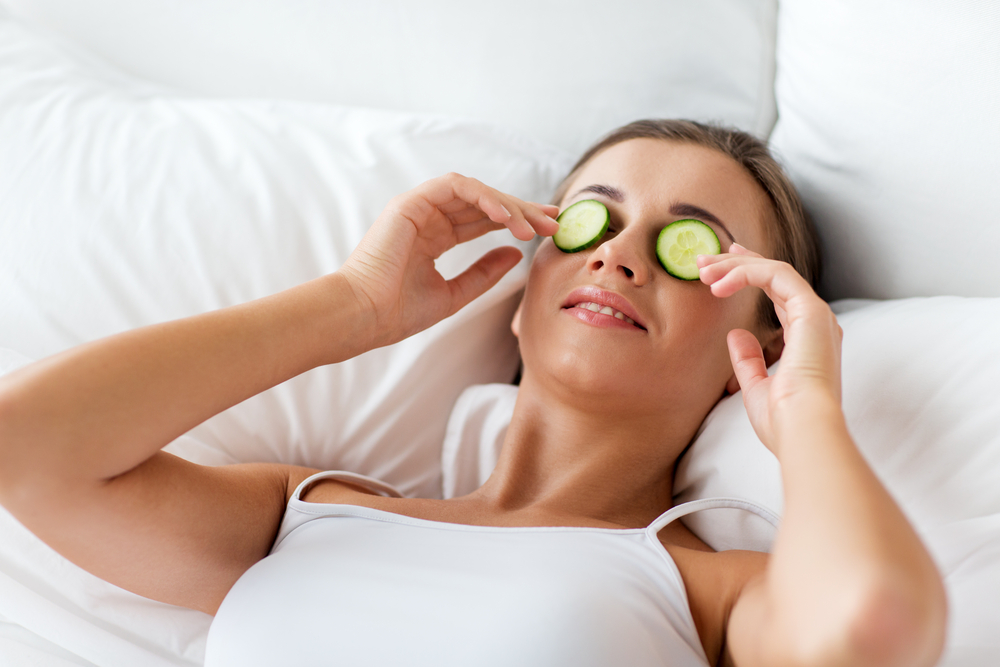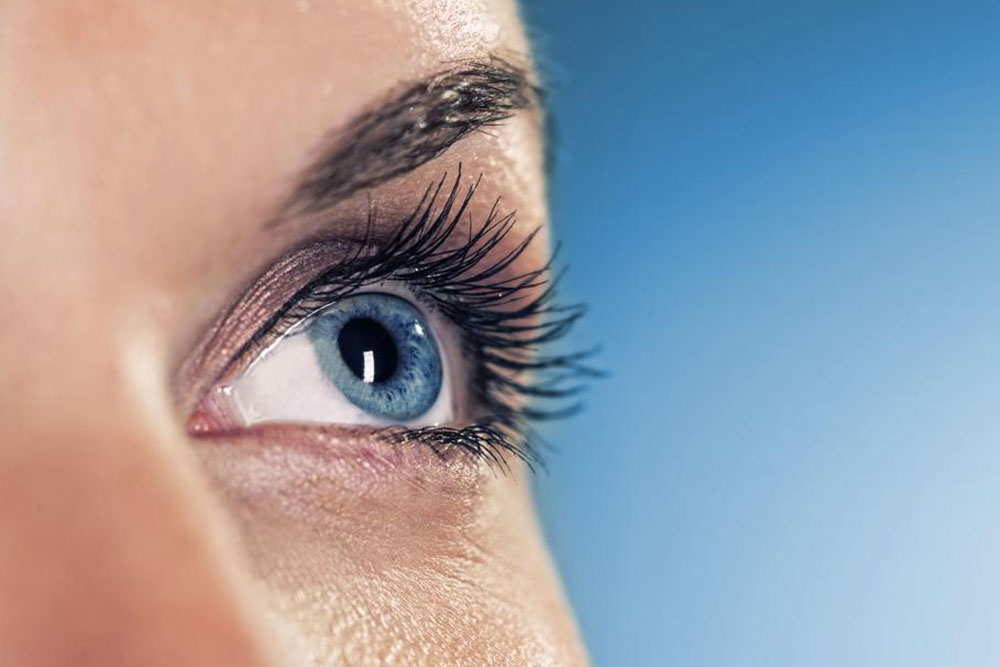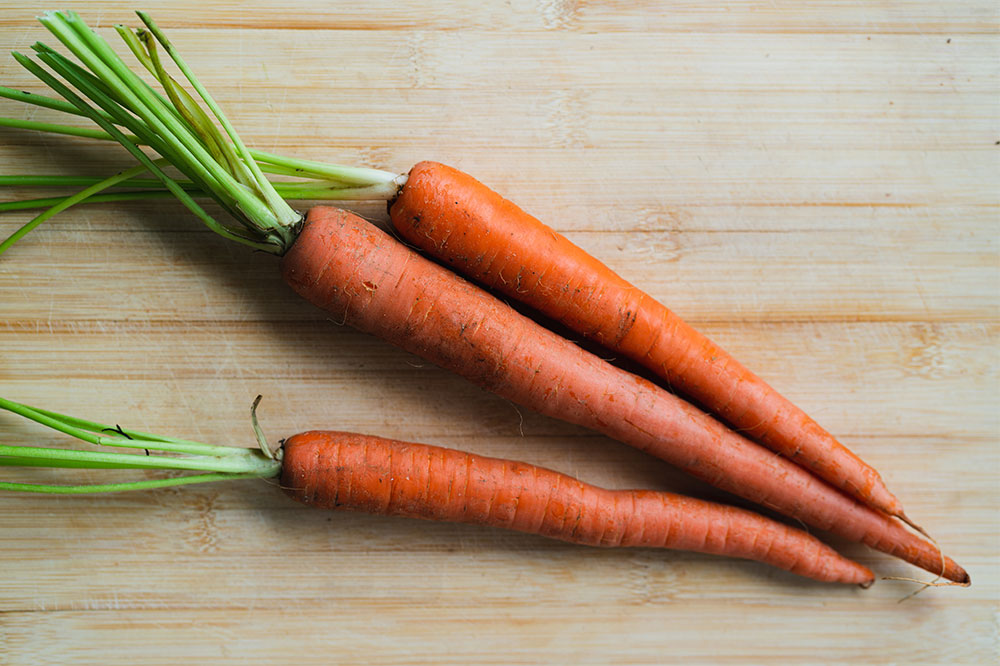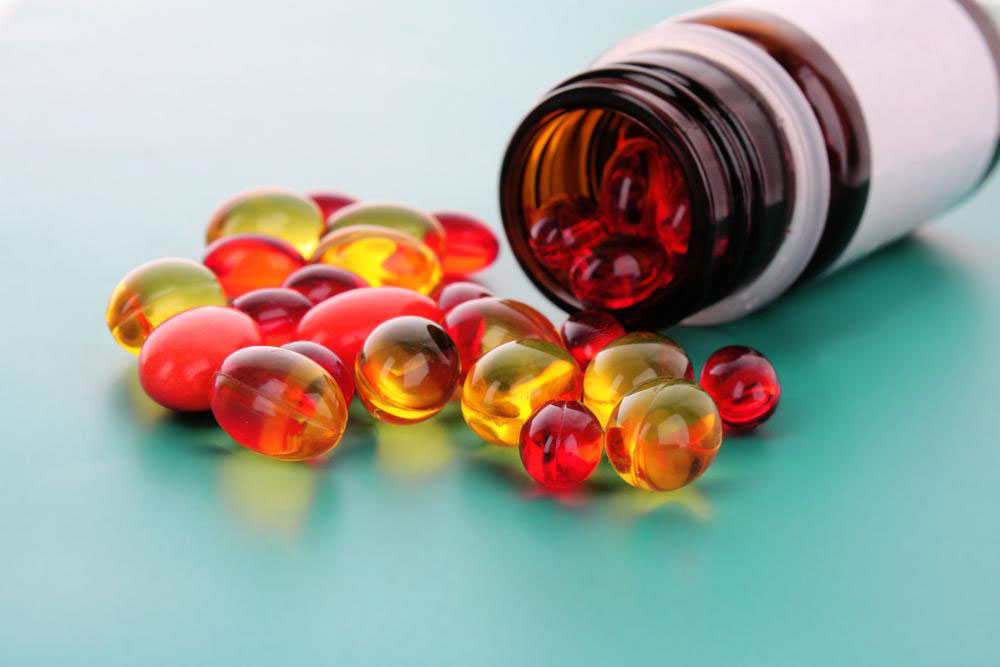Nutritional Strategies for Maintaining Eye Health and Combating Dry Eye Symptoms
Learn how essential vitamins like A, B2, C, and E play vital roles in maintaining healthy vision and preventing dry eye symptoms. This guide highlights dietary tips, beneficial nutrients, and recommended foods to support your eye health naturally. Understanding proper nutrition and avoiding harmful foods can significantly reduce dryness and protect your eyes. Consult healthcare providers for personalized advice and ensure optimal eye care through balanced habits and diet.
Dry Eye Disease (DED) is a common condition marked by insufficient lubrication on the eye surface, leading to discomfort and potential inflammation that can damage the cornea. This condition is also known by various terms such as:
Keratitis sicca
This term describes dryness and inflammation in the cornea.
Dysfunctional tear syndrome
Refers to inadequate tear production that fails to keep eyes adequately moist.
Keratoconjunctivitis sicca
Indicates dryness involving both the cornea and conjunctiva.

Research indicates that dry eye affects between 5% and 50% of populations worldwide. Underlying health issues like diabetes, age-related macular degeneration, cataracts, and glaucoma can also contribute to dryness. A balanced diet rich in essential vitamins supports optimal eye function. Key vitamins that promote healthy eyes include:
Vitamin A
This vitamin is crucial for sharp vision and the health of the cornea, aiding in the regeneration of rhodopsin and night vision. Deficiency can result in xerophthalmia and dry eyes. Foods such as sweet potatoes, leafy greens, pumpkins, and peppers are excellent sources.
Riboflavin (Vitamin B2)
An antioxidant that helps reduce oxidative stress and supports eye hydration. Found in fortified cereals, dairy products, oats, beef, and yogurt.
Thiamine (Vitamin B1)
Facilitates energy production and healthy cell functions, possibly lowering cataract risks. Present in whole grains, fish, meats, bread, and pasta.
Niacin (Vitamin B3)
Supports energy metabolism and may help prevent glaucoma, with sources including poultry, fish, mushrooms, nuts, and legumes.
Vitamin C
Vital for collagen production, essential for maintaining eye structure, and may reduce cataract development. Available in bell peppers, tropical fruits, broccoli, and kale.
Vitamin E
An antioxidant that shields eye cells from damage caused by free radicals. Found in nuts, seeds, oils, avocados, salmon, and leafy greens.
In addition to consuming these essential vitamins, it is advisable to limit foods that can worsen dry eye symptoms:
Refined sugars
Processed foods high in sugar, like cookies and sweets, may exacerbate dryness. Choose fruits and read labels to monitor sugar intake for eye health.
Alcohol
Dehydrates the body and may intensify dryness. Hydrate adequately with water, especially if alcohol consumption is involved or underlying health issues are present.
Carbonated drinks
These often contain artificial sweeteners and can contribute to dehydration, impacting eye comfort. Reducing their intake supports hydration and eye wellness.
Caffeine
Moderate caffeine intake is generally safe, but excess can cause dehydration and dry eyes. Limiting caffeine may benefit ocular health.
Always consult with healthcare professionals like ophthalmologists and nutritionists before making significant dietary adjustments to ensure proper management and maintain eye health.
Disclaimer:
This article offers educational guidance and should not replace professional medical advice. Always seek advice from qualified healthcare providers before altering diet or health routines, particularly if you have existing health conditions. Our goal is to provide helpful insights, but individual needs vary and should be addressed by professionals.


